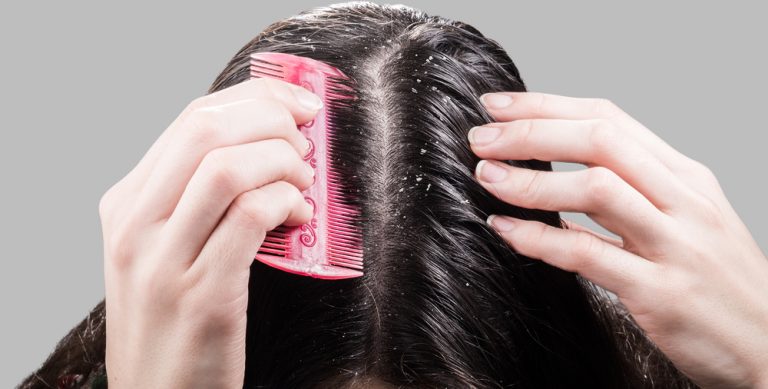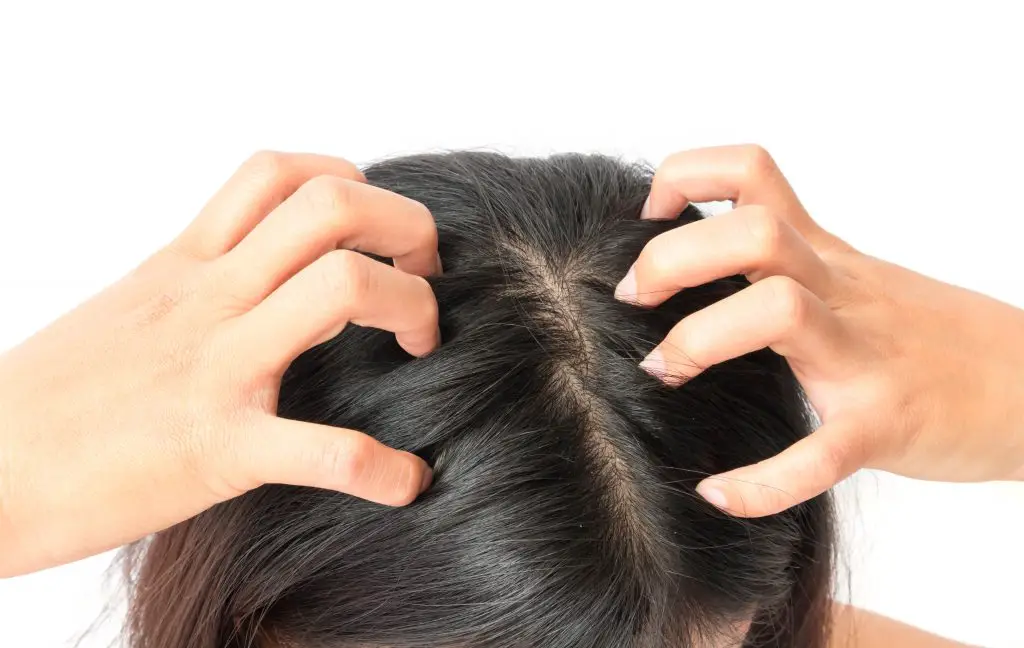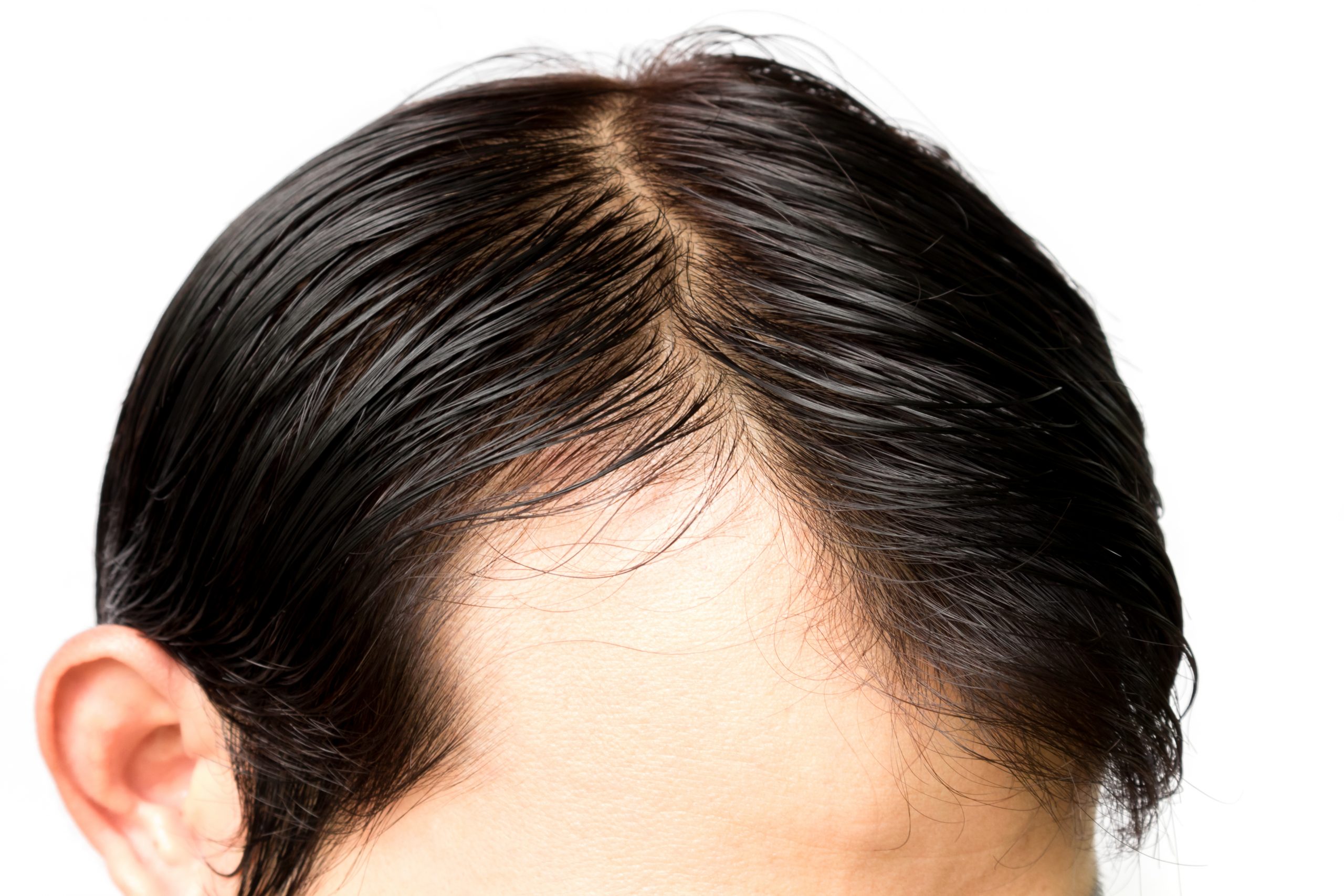
Page Contents
There are numerous reasons that thousands of men and women are facing hair loss. The health of your scalp makes an impact on the health of your hair. And while many wouldn’t think and oily scalp can lead to hair loss, unfortunately, they’d be wrong.
Significance of an Oily Scalp
If you’re facing an oily scalp, it is caused by overactive sebaceous glands on the scalp, which leads to excessively shiny hair. This causes dirt to be more easily attracted to your hair and causes the strands to stick together, which then produces dandruff. The resulting dandruff, if left untreated, can block the hair follicles and inhibit the natural growth cycle of your hair.
If you’ve noticed that your hair is overly shiny and you have a flaky, red, itchy, irritated scalp, this could be from the build-up of dandruff that is causing your hair loss. However, there are other conditions like scalp psoriasis that cause flaking, itchy, red scalps, so if you’re not getting anywhere with a dandruff treatment, a trip to your medical professional will be needed.

What Causes the Overproduction of Sebum?
The sebum is the oil created by your scalps sebaceous glands. The reason the overproduction occurs can be from many outside causes. A few examples include:
Hormonal Imbalances. Hormones play a vital role in the sebaceous gland production and size. Many times during pregnancy, menopause, or puberty, your scalp may see an excess of oil.
Poor Diet. What you put into your body does play an important role in your overall health, including your scalp’s health. If you’re eating a diet full of greasy foods, it can contribute to the overproduction of oil on your scalp.
Improper Hygiene. Washing too little or washing too much can cause to a buildup of sebum and oil on your scalp. If you wash too much, your dry scalp will overproduce oil in an attempt to replace the natural oils that are stripped away. If you wash too little, you can see a build-up of excess oil on your scalp. Using a high-quality chemical-free shampoo can help cut down on this problem.
Seborrheic Dermatitis. This is a chronic condition that causes an overproduction of sebum. While this isn’t a common condition, its lesser form is known as dandruff, which 50% of the world’s population has struggled with at one point or another.
Related Reading
Treatment for an Oily Scalp
There are hundreds of shampoos on the market that treat oily scalps and dandruff, however, the most important step is to determine and treat the underlying cause. If you suffer from a poor diet, change your eating habits and see if that improves your scalp’s health. Not washing your hair enough? Try adding an extra wash or two into your weekly routine. If you’re washing too much, try washing every other day instead of every day.
Conclusion
While an oily scalp is not the main cause of hair loss, it can be a factor for certain people. If you have an oily scalp paired with hair loss, finding the underlying condition can help you determine the best treatment option for your personal needs. Once the oil is under control, you will then see an improvement in your hair loss.
Tired of chasing down hair growth solutions without the results you’re after? Make sure you’re using the 3 hair loss products known to work before experimenting with alternative solutions – you may be surprised with how effective those 3 alone can be.






